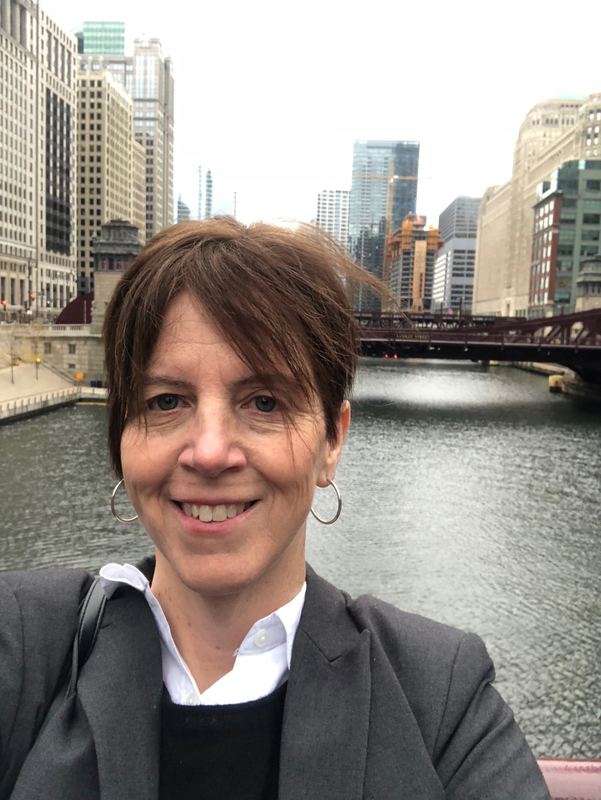For me, ecohydrology is about seeing the connections between systems. The intersecting disciplines of ecology and hydrology are, of course, built into the word “ecohydrology.” As the field has grown, however, there have been further crossovers and synergies to include a range of different domains, from geochemistry to economics and sociology. To study ecohydrology is to study feedbacks between systems, the impacts of hydrology on ecosystems, of ecosystems on hydrology. As an ecohydrologist, I ask questions about how humans interact with water and the environment, and how water systems and ecosystems coevolve with human systems.
What are your undergraduate and graduate degrees in?
My educational background has been a winding road! My undergraduate degree was in Literature. I have two master’s degrees, one in Organic Chemistry and another in Environmental Engineering. My Ph.D. is in Earth and Environmental Sciences.
How did you arrive at working in/thinking about ecohydrology?
I came to my interest in water and water quality from a very practical perspective. I was traveling in Haiti, where I adopted my son, and was devastated by the death of two young babies at my son’s orphanage due to contaminated water. I became determined at that time to build a career that expanded beyond the lab to include larger interactions between science and the environment, between human and natural systems. From that point, my interests and my research grew to encompass a range of questions about human impacts on water quality and about feedbacks between water quality and ecosystem health. I think that these kinds of questions and concerns place me squarely in the middle of the new and growing science of ecohydrology.
What do you see as an important emerging area of ecohydrology?
I see urban ecohydrology as an exciting new frontier. Cities in the 21st century are growing quickly—it has been predicted that by 2050 approximately 65% of the developing world and 85% of the developed world will be living in urban areas. As noted by Diane Pataki, urban settlements are one of the few ecosystems on earth that are actually increasing in extent. Accordingly, there are range of important research questions for the urban ecohydrologist. I am particularly interested in the ways in which cities alter both regional and global-scale nutrient cycling. As the built environment increases in extent, it will be crucial to understand how cities mediate the flow of water, nutrients, and a range of contaminants across the urban/suburban/rural continuum.
Do you have a favorite ecohydrology paper? Describe/explain.
Although it’s difficult to pick a favorite paper, one that has been influential in my thinking is a 2014 paper led by Peter Groffman on the “Ecological homogenization of Urban USA.”
In the paper, the authors explore the urban “homogenization” hypothesis. In other words, they ask the question, does urban land use exert a homogenizing effect across urban areas? Is a Phoenix lawn more similar to a Baltimore or a Minneapolis lawn than to the Sonoran Desert ecosystem surrounding the city.? The findings of their work are important, as they suggest that while decisions about things as seemingly trivial as suburban lawn management may be individual decisions, they are actually tied to broader forces, from social structures and socioeconomic status to national-scale marketing. Because human behavior, like the biophysical behavior of natural systems, is strongly shaped by a panoply of broader forces, we are able to develop a theory and science of human habitats. From this point, we can move forward to understanding complex feedbacks between cities, water, and ecosystems.
What do you do for fun (apart from ecohydrology)?
My dog Darcy (named after the Darcy equation, of course) is a great source of fun and entertainment. I’ve also recently become obsessed with escape rooms.

 RSS Feed
RSS Feed